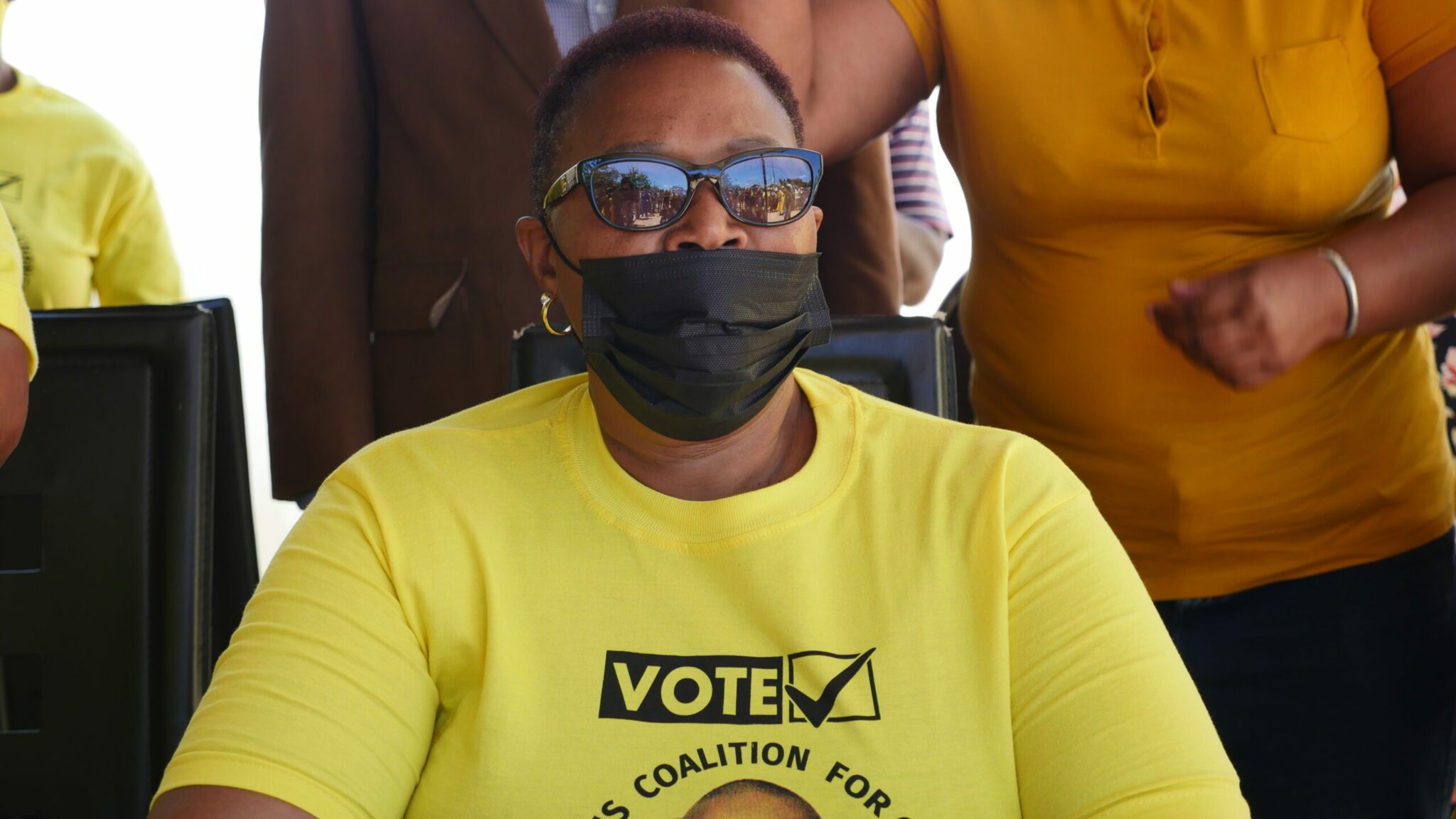The MDC-T faction led by Dr Thokozani Khupe no longer exists as a political formation, as the former deputy prime minister disbanded it when she joined Citizens Coalition for Change (CCC) in March this year.
Dr Khupe, led a breakaway faction in January 2022 after declaring a split from party leader Douglas Mwonzora, following deep divisions between the two.
In an interview with CITE, Dr Khupe’s spokesperson, Ntando Ndlovu confirmed MDC-T led by the former deputy prime minister no longer exists.
“MDC-T ceased to exist on March 22, 2022 when the former DPM announced that all MDC-T members had joined Citizens Coalition for Change,” he said, noting that the decision to disband the party was made by its National Council.
“The decision was taken by the then National Council which then mandated Dr Khupe to make the announcement.”
Ndlovu said Dr Khupe is now a full member of CCC.
“She’s currently working with other CCC members in mobilising for change throughout rural Matabeleland,” said the spokesperson, adding that former MDC-T members were also happy to be part of CCC.
“Yes, they are happy as ordinary members in the new outfit. The focus is on mobilising for change not for positions.”
The MDC-T experienced a dramatic turn of events, where Dr Khupe who was suspended initially moved to expel Mwonzora, who was then claiming to be the leader of the MDC Alliance, prompting her to declare herself leader of the MDC-T splinter group.
Before the March 26 by-elections this year, Dr Khupe publicly endorsed the Nelson Chamisa led CCC, calling on her party supporters to vote for the newly formed party’s candidates ahead of then by-elections.
This endorsement signalled Khupe’s move to formally join CCC, as the new movement had called on all citizens to join forces with them as they sought to unseat Zanu PF in the 2023 general elections.
Analysts said the death of MDC-T indicated that the political landscape of the opposition in Zimbabwe was challenging.
“The question every political party must ask is will it be able to find its place in the political landscape because we always come to a situation where we see the opposition is always down and out against the tactics of Zanu PF,” said Bernard Magugu, a political analyst.
Magugu added various machinations by the ruling party plus personal differences in the opposition were a dilemma that opposition political parties had to address if they wanted to capture state power.
“The opposition has to contend with harassment, attacks on members and supporters, media bias, abuse of state machinery and the fact that Zanu PF remains dominant. Who would have thought the MDC would suffer such, so this is a lesson that opposition political parties have to rise to the challenge besides coming up with alternative policy positions.”
Another analyst, Patrick Ndlovu, said the death of the MDC exposed how Zimbabwe’s political environment has always been ideologically hostile to opposition political parties, which also through its actions caused its own downfall.
“If we honestly look at what the MDC has done, we see less of a changed landscape. Some opposition politicians are in fact accused of enriching themselves in their personal capacities and now when we look at our Parliament, we don’t have any viable opposition to hold the government accountable,” he said.
The party since its formation in 1999 has split at least five times.
The first was in 2005 between the founding party president Dr Morgan Tsvangirai and Professor Welshman Ncube, the second was in 2014 when Tendai Biti formed MDC Renewal (PDP), soon after that Job Sikhala created MDC 99 and in 2018 between Nelson Chamisa and Dr Khupe.
For the first time since 2000, the MDC-T did not become a major contender in Zimbabwean elections during the by-elections, which analysts argued showed the once formidable opposition was no more.

